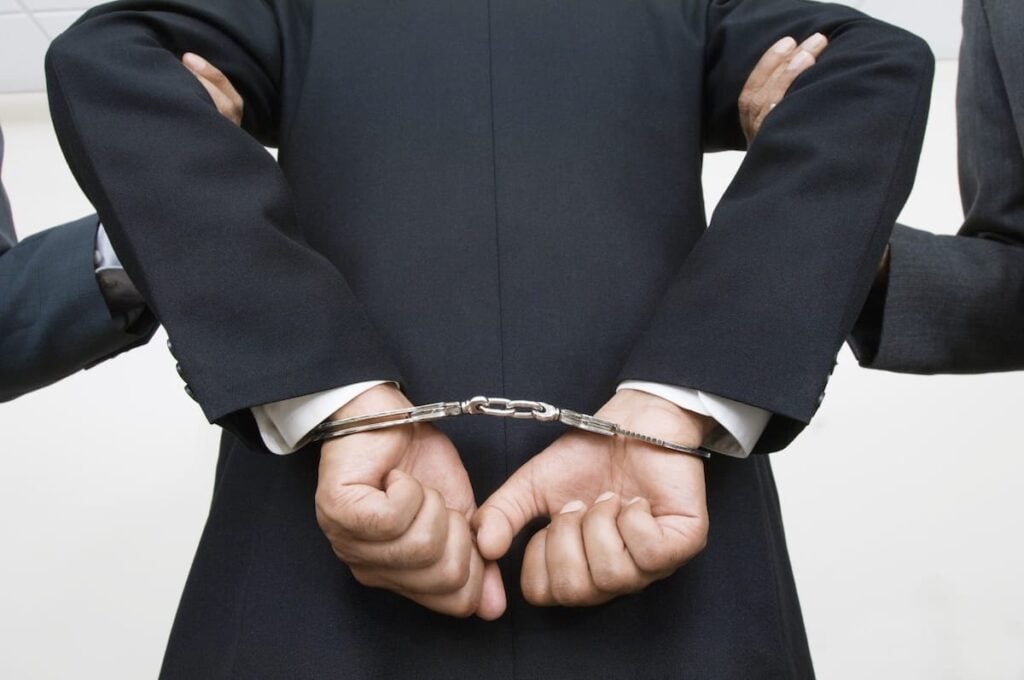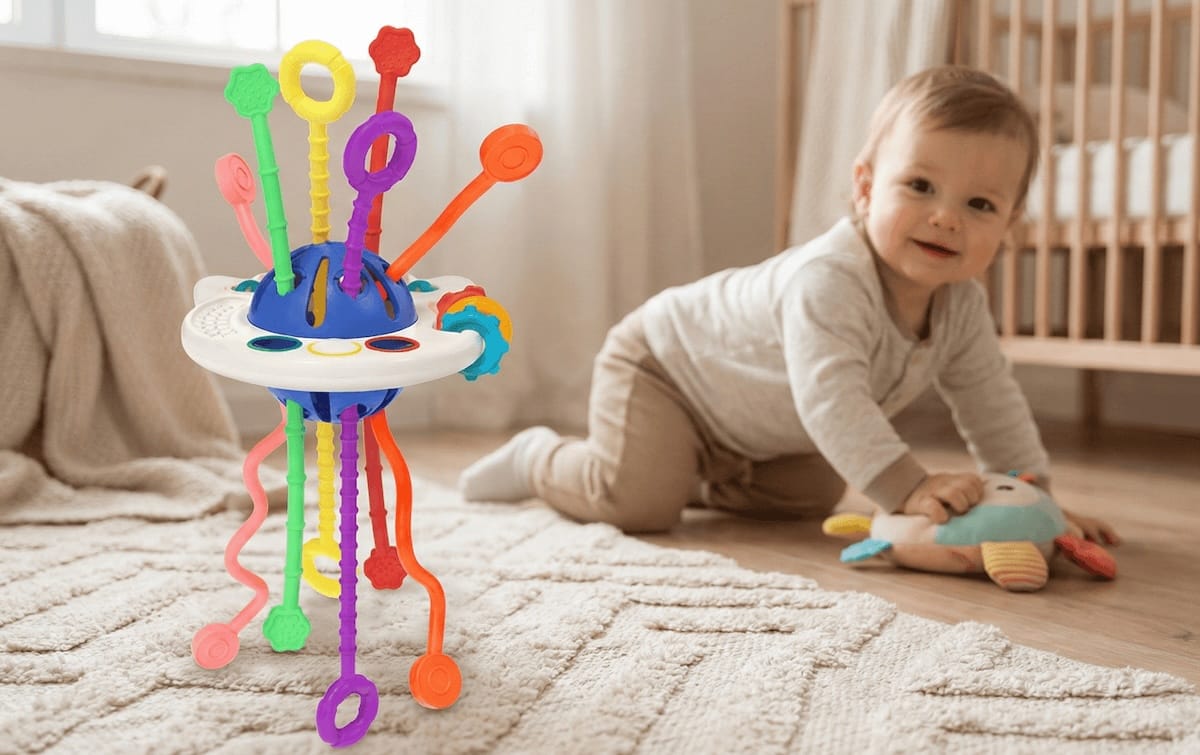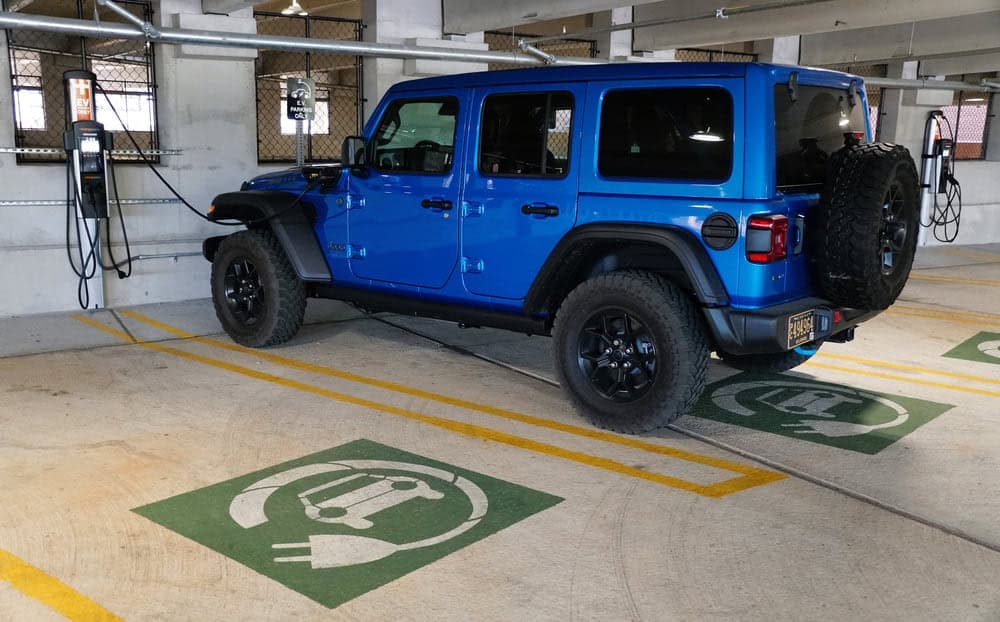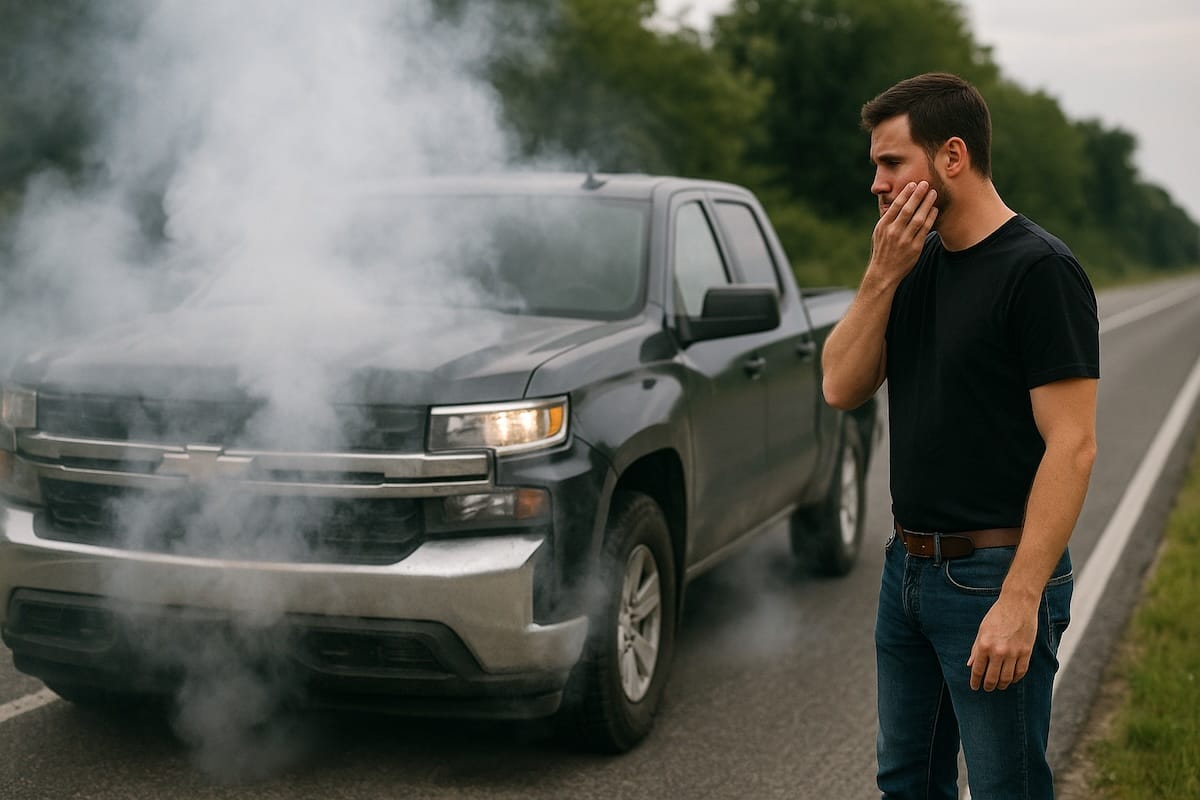The 13-Year Cover-Up That Changed Everything
Picture this: You’re sitting in your living room when suddenly, your dehumidifier catches fire. Not just smoke, but actual flames that spread to your furniture, your walls, your entire home. This nightmare became reality for hundreds of American families, and two corporate executives knew it was happening but kept selling the deadly machines anyway.
On June 16, 2025, Simon Chu and Charley Loh became the first corporate executives ever sentenced to prison under consumer product safety law, receiving 38 and 40 months respectively for covering up defects that killed at least four people and destroyed over 450 homes.
Their story isn’t just about corporate greed. It’s about the moment America finally said enough.
When Executives Watched Homes Burn
The timeline that sent Chu and Loh to prison reads like a corporate horror story. In September 2012, both men received multiple reports that their Chinese-made Gree dehumidifiers were catching fire, including an actual video from a customer showing their unit engulfed in flames.
Think about that for a second. Someone’s home was burning because of your product, they filmed it, and sent you the evidence. What would you do?
Chu and Loh had a legal duty to report dangerous defects to federal safety regulators within 24 hours. Instead, they made a different choice, one that would haunt them for over a decade.
For the next six months, they continued selling the fire-trap dehumidifiers while hiding the truth from safety officials. During just the first four months of 2013, while they knew homes were burning, the companies sold 285,596 more defective units to unsuspecting families.
The human cost was staggering:
- over 450 confirmed fires
- more than 2,000 overheating incidents
- at least four deaths
- over $19 million in property damage
And through it all, the executives stayed silent.
The Deadly Secret They Tried to Hide
What made these dehumidifiers so dangerous? The engineering was a nightmare. The core problem involved compressors that overheated beyond safe temperatures, transferring deadly heat to plastic parts that were never meant to handle such extreme conditions.
Worse yet, the plastic materials failed basic fire safety tests. When things got hot, instead of self-extinguishing like they were supposed to, the plastic housings would catch fire and keep burning. It was like having a ticking time bomb in your basement.
The dehumidifiers were supposed to have proper safety certification, but that was fake too. The units bore fraudulent safety marks, fooling consumers and retailers into thinking they were safe.
These weren’t just a few bad units. The recall eventually covered 2.5 million dehumidifiers spanning dozens of brand names including Frigidaire, GE, Kenmore, and others.
If you bought a dehumidifier between 2005 and 2014, there’s a good chance it was one of these fire hazards.
The Lies That Made Everything Worse
When Gree finally reported the defects to safety regulators in March 2013, six months late, they couldn’t even tell the truth then. The company’s report falsely claimed the dehumidifiers were “safe for use as intended” despite clear evidence they were killing people.
This wasn’t just a mistake or oversight. Prosecutors proved this was deliberate deception designed to keep the money flowing while American families remained in danger.
The lies bought them another five months of sales before they finally announced a recall in September 2013. But even that wasn’t the end, problems were so widespread that they had to announce additional recalls through 2016, and then a major new recall in 2023. Some of these deadly machines are probably still sitting in basements across America.
Justice Finally Arrives
The trial in Los Angeles federal court was a six-day reckoning 13 years in the making. Prosecutors from the Justice Department didn’t just have to prove the executives knew about the defects. They had to prove they willfully chose to hide them.
The government’s most powerful evidence came from the defendants’ own emails and meeting transcripts, showing detailed discussions about fire hazards while plotting to avoid reporting requirements. There’s nothing quite like someone’s own words to destroy their defense.
The defense tried to blame the Chinese parent company, arguing that Chu and Loh were scapegoats who had been misled about the defects. But the jury wasn’t buying it.
On November 16, 2023, they delivered a historic verdict: guilty on conspiracy charges and failure to report safety information. For the first time in 51 years of consumer product safety law, corporate executives would face prison time for putting profits over lives.
The Judge Who Wouldn’t Show Mercy
At sentencing, the two sides couldn’t have been further apart. Prosecutors wanted 10 years in prison, arguing that only serious jail time would deter other executives from similar behavior. Defense lawyers begged for probation, claiming their clients were sorry and had learned their lesson.
Judge Dale Fischer wasn’t having it. She called probation “unacceptable” and made clear that meaningful prison time was essential. Her reasoning was blunt:
“They did it because their own reputation and financial security were more important to them than the risk to consumers.”
The sentences of 38 months for Chu and 40 months for Loh sent a clear message that has corporate executives across America paying attention. Both men are now appealing their convictions, but they’re also heading to federal prison.
The $91 Million Reckoning
While the prison sentences grabbed headlines, the financial penalty was just as historic. The $91 million total settlement represents the largest monetary punishment in consumer product safety history.
The money didn’t just go to the government. Victims who lost their homes to fires can apply for compensation through a special restitution program. It’s a small comfort for families who lost everything, but at least it’s something.
Why This Changes Everything
This case isn’t just about two executives or one company. It’s about fundamentally changing how corporate America thinks about product safety.
For decades, companies treated safety violations as a cost of doing business. Get caught, pay a fine, move on. The worst that happened was some bad publicity and a hit to quarterly earnings.
Not anymore.
The message is now crystal clear: if you know your products are hurting people and you choose to hide it, you could go to prison. Not just your company paying a fine, but you personally, in handcuffs, with a federal conviction that will follow you forever.
Legal experts are calling this a “sea change” in enforcement. The Consumer Product Safety Commission has formally announced that all major violations will now be reviewed for potential criminal prosecution. The era of treating product safety as just a regulatory matter is over.
The New Reality for Corporate America
Companies across the country are scrambling to update their safety protocols. The new mantra in corporate boardrooms is “when in doubt, report” because the alternative could be federal prison.
Executives are demanding immediate notifications of any potential safety issues. Legal departments are implementing 24-hour reporting protocols.
And for the first time, many corporate leaders are personally reviewing product safety decisions instead of delegating them down the chain.
The case has been especially impactful for companies importing products from China and other overseas manufacturers. The days of claiming ignorance about what foreign suppliers are doing are over. American executives are personally liable for the safety of products they bring to market.
A Warning That Echoes
As Simon Chu and Charley Loh begin their prison sentences, their case serves as a stark warning to corporate executives everywhere. The age of viewing product safety violations as merely business expenses has definitively ended.
Acting CPSC Chairman Peter Feldman put it perfectly:
“These Chinese-made products were hazardous, and the defendants knew it. Today’s sentences are a clear message that the CPSC will take a hard line against executives who break American laws and endanger families.”
For American families, this transformation means safer products and corporate executives who think twice before gambling with lives.
For corporate America, it means the beginning of a new era where putting profits over public safety can result in federal prison time.
The dehumidifier fires that started this story destroyed hundreds of homes and killed innocent people. But from that tragedy has emerged a justice system finally willing to hold individual executives accountable for their choices.
When the next corporate executive faces the choice between profits and public safety, they’ll remember Simon Chu and Charley Loh and the 38 and 40 months they’re spending in federal prison for choosing wrong.



